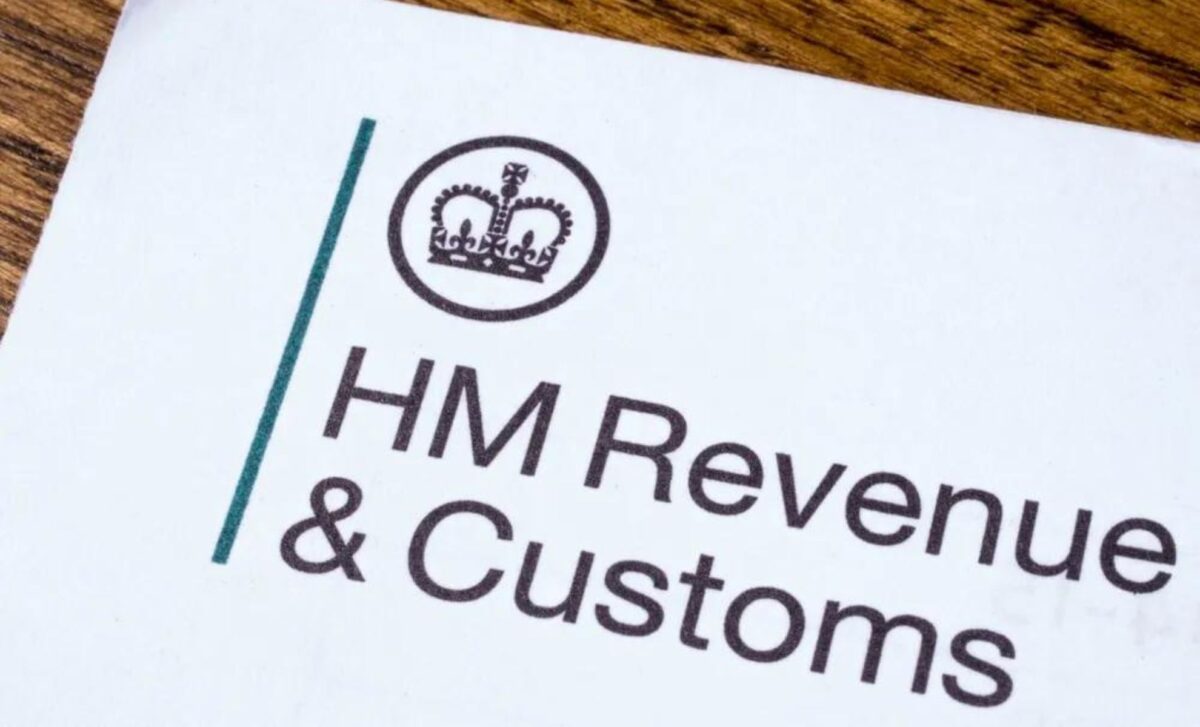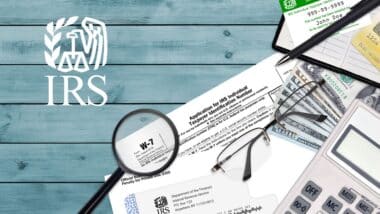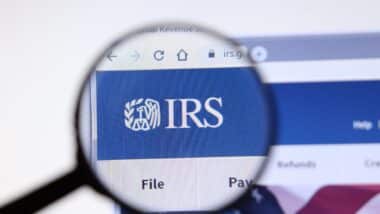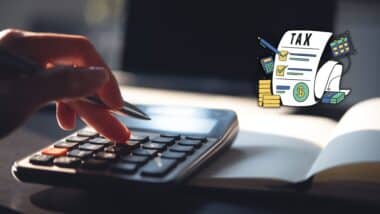HMRC is fining households throughout the UK up to £360 for failing to meet their self-assessment tax deadline. Every year, millions of people who are self-employed, own businesses, or just earned more money on interest than their Personal Allowance allows are required to file a self-assessment tax return with HMRC to determine how much tax they owe.
Understanding HMRC Late Filing Penalties and Appeals Process
The deadline for online submissions for the previous tax year is at the end of January, and new submissions for the upcoming tax year will be accepted beginning April 6.
The fines for missing the deadline start at £100 and increase over time as the taxman adds interest to the penalty.
One person went to the HMRC Twitter help page to say: “Good Morning. Woke up to a £360 fine for late self assessment. I wasn’t aware that I had to file a non return as I wasn’t self employed for that period. It turns out the form I filled out to say I’m no longer self employed never came through. How do I appeal to get this sorted”.
HMRC first imposes a £100 fee for late payments, which escalates with interest over time.
HMRC clarifies: “You’ll get a penalty if you need to send a tax return and you miss the deadline for submitting it or paying your bill.
“You’ll pay a late filing penalty of £100 if your tax return is up to 3 months late. You’ll have to pay more if it’s later, or if you pay your tax bill late.
“You’ll be charged interest on late payments”.
HMRC’s 10 ‘Reasonable Excuses’ for Submitting a Tax Return Late
HMRC says there is a list of ten ‘reasonable excuses’ that could allow someone to file a late tax return.
Such excuses include a death shortly before the deadline, a significant illness, or a computer problem while preparing to submit.
It stated: “A reasonable excuse is something that stopped you meeting a tax obligation that you took reasonable care to meet, for example:
- Your partner or another close relative passed away shortly before the tax return or payment deadline.
- An unexpected hospital stay prevented you from managing your tax affairs.
- You suffered a serious or life-threatening illness.
- Your computer or software malfunctioned while preparing your online return.
- HMRC online service issues caused delays.
- A fire, flood, or theft prevented you from completing your tax return.
- Unforeseen postal delays occurred.
- Delays due to a disability or mental illness.
- Lack of awareness or misunderstanding of your legal obligation.
- Dependence on someone else to submit your return, resulting in non-submission.









